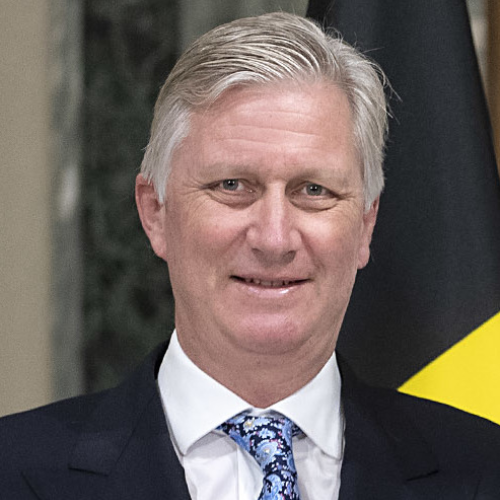The European Union (EU) faces a critical challenge as Hungary signals it may veto the extension of sanctions against Russia. These sanctions, introduced in response to Moscow’s invasion of Ukraine in 2022, are crucial for limiting Russia’s financial and economic resources. Now, with billions of euros in frozen Russian assets at stake, the EU is weighing an unusual legal move involving Belgium’s royal powers to prevent the funds from returning to Russia.
Frozen Funds in Belgium
At the heart of the issue is a massive sum—190 billion euros—currently frozen in the Euroclear depository in Belgium. This money, linked to Russia, has been immobilized as part of the EU’s sanctions package, ensuring that it cannot be used by Moscow to fund its activities. These funds represent a significant victory for the EU’s sanctions regime, which seeks to cripple Russia’s ability to finance its ongoing war in Ukraine.
However, the sanctions are temporary and require renewal every six months. To extend them, all 27 EU member states must agree. Hungary, which has historically taken a softer stance toward Russia compared to other EU nations, is now suggesting it may block the renewal. If Hungary does veto the decision, the sanctions will lapse, and there will be no legal grounds to continue freezing the assets. In that scenario, the money could legally flow back to Russia as early as the next day.
Biden Administration Shields Russia Sanctions from Future Changes by Trump Administration
For EU officials, this is an alarming prospect. The funds would provide Russia with a significant financial boost, undermining the EU’s unified response to the war in Ukraine. To prevent such an outcome, the EU is considering invoking a little-known legal mechanism rooted in Belgium’s wartime laws.
A Royal Decree to Stop the Funds
Belgium’s role in this crisis stems from its unique legal framework. During World War II, Belgium introduced a law that allows the king to issue a royal decree to block the transfer of funds in exceptional circumstances. This decree, established in 1944, grants the Belgian monarchy the authority to intervene in financial matters to safeguard the country’s or its allies’ interests.
If Hungary follows through on its threat to veto the sanctions, EU officials could urge Belgium to activate this measure. By issuing a royal decree, Belgium’s King Philippe, with the support of the government, could prevent the 190 billion euros from leaving the country—even in the absence of EU-wide sanctions.
While the Belgian king’s role is largely symbolic in day-to-day governance, this scenario would highlight the monarchy’s continued relevance in rare and critical situations. The potential use of this wartime law underscores the lengths to which the EU is prepared to go to maintain pressure on Moscow and protect the integrity of its sanctions policy.
EU Takes a Stand: Hungary Faces €1 Billion Fund Loss Amid Legal Violations
Hungary’s Stance on Sanctions
Hungary’s position has created tension within the EU. Unlike most EU members, which support a hardline approach to Russia, Hungary has often voiced skepticism about the effectiveness of sanctions. Hungarian leaders have argued that sanctions hurt European economies as much as they harm Russia and believe the EU should seek dialogue rather than punitive measures.
Hungary’s relationship with Russia has also been a point of contention. While other EU nations have distanced themselves from Moscow, Hungary has maintained closer ties, especially in the energy sector. These dynamics have frequently placed Hungary at odds with its EU partners, particularly on issues related to Ukraine.
Hungarian officials have also hinted that decisions on sanctions should take into account broader global dynamics, including potential changes in U.S. leadership. Such statements have added uncertainty to the EU’s efforts to ensure unity in its response to Russia.
With billions of euros and the EU’s credibility at stake, this standoff highlights the complex dynamics within the European bloc. If Hungary vetoes the sanctions, the EU’s ability to prevent the funds from reaching Russia will depend on an extraordinary legal step by Belgium. The use of a 1944 royal decree, while unconventional, could prove to be a decisive move in safeguarding one of the EU’s most significant sanctions efforts to date.


